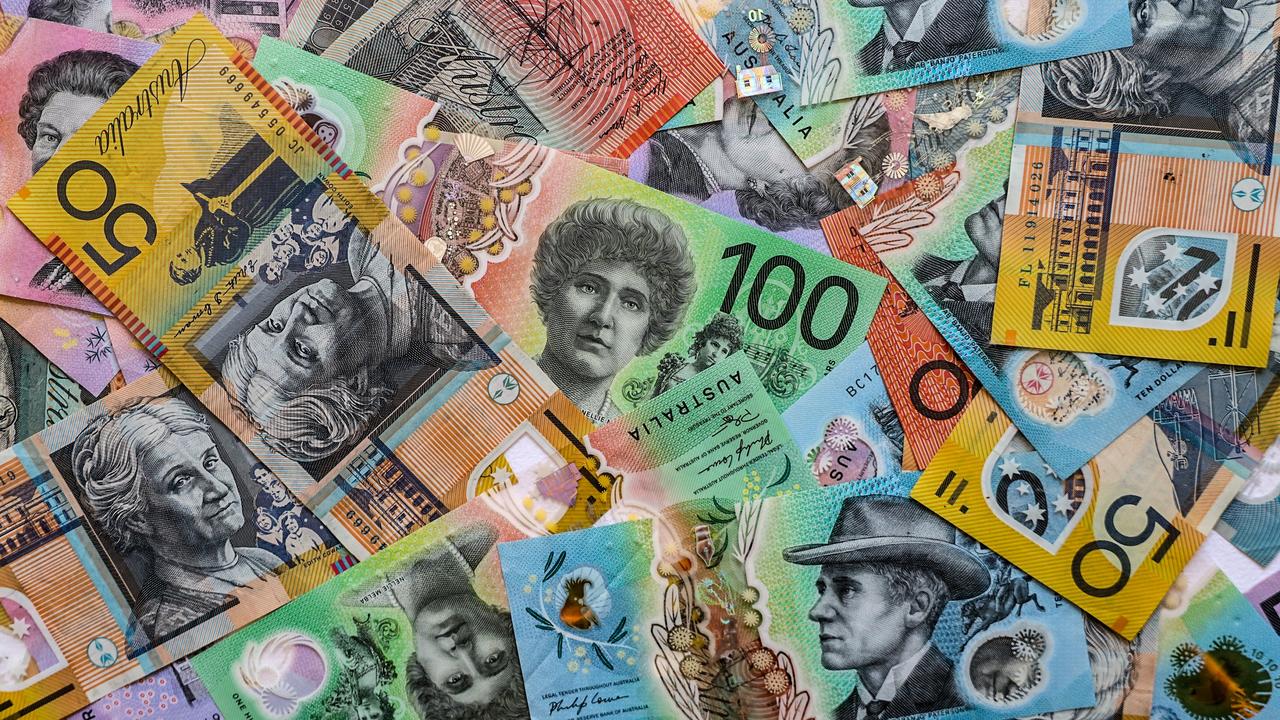WikiLeaks founder Julian Assange walks free, set to return to Australia
Julian Assange’s brother has made some bold claims on the Australians who played a crucial role in getting the WikiLeaks founder out of prison and back to Australia.
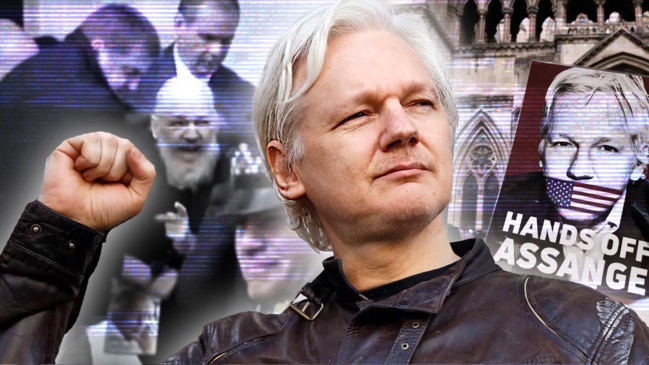
Breaking News
Don't miss out on the headlines from Breaking News. Followed categories will be added to My News.
Former Labor Prime Minister and current Ambassador to the United States Kevin Rudd played a crucial role in freeing Julian Assange from UK prison and returning him to Australia, according to Mr Assange’s brother.
Gabriel Shipton, speaking with the ABC’s Sarah Ferguson on Tuesday night, said Mr Rudd and High Commissioner to the UK Stephen Smith had both been instrumental in organising Mr Assange’s plea deal with the United States, which will see the Wikileaks founder fly to Saipan in the Northern Mariana Islands, a small US territory in the western Pacific to front a US Federal Court.
According to court documents filed on Monday, Mr Assange is expected to plead guilty to a single felony of conspiring to unlawfully obtain and disseminate classified information, a violation under the US Espionage Act.
The plea deal will spare him further time in prison in the UK where he was reportedly suffering health issues and living in solitary confinement.
After being sentenced to the 62 months he has already spent in prison, he is expected to return to Australia.
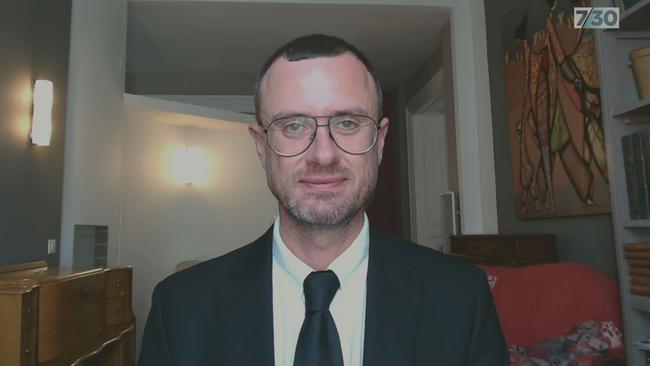
“This was all put together by the Australian government, credit to them and their advocacy, Stephen Smith, the UK High Commissioner, as well as Kevin Rudd, have been relentless working on this behind the scenes to make this happen, so all credit to the Australian government there for organising and putting this all together,” Mr Shipton said.
“It has been a bloody long slog for Julian’s family and everyone who has been out there supporting him relentlessly, campaigning for him.”
Mr Shipton said Mr Rudd had been “working the levers in Washington” to “make this happen.”
“I believe that the actions by the Australian parliament and by the Australian government and the Australian people really led to this position, because the Australian government are the only ones who can represent Julian diplomatically and if Julian didn’t have that support of this government then they wouldn’t be able to put this deal together and have him returning to Australia to be a free man,” he said.
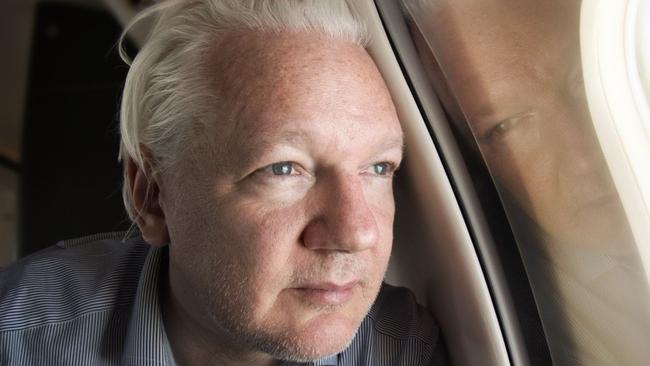
In a Twitter post from Tuesday night, Mr Assange said he was approaching Bangkok airport for layover.
“Moving closer to freedom,” he said.
Prime Minister Anthony Albanese has welcomed Julian Assange’s release from prison.
Mr Assange’s long running legal saga to avoid extradition to the United States where he faced charges under the Espionage Act came to an abrupt end on Monday after the WikiLeaks founder agreed to plea guilty with Department of Justice prosecutors allowing him to leave the UK.
Speaking in question time on Tuesday after the news broke, Mr Albanese said the Australian government was providing consular support to Mr Assange, with UK High Commissioner, Stephen Smith, and US Ambassador Kevin Rudd providing “important assistance”.
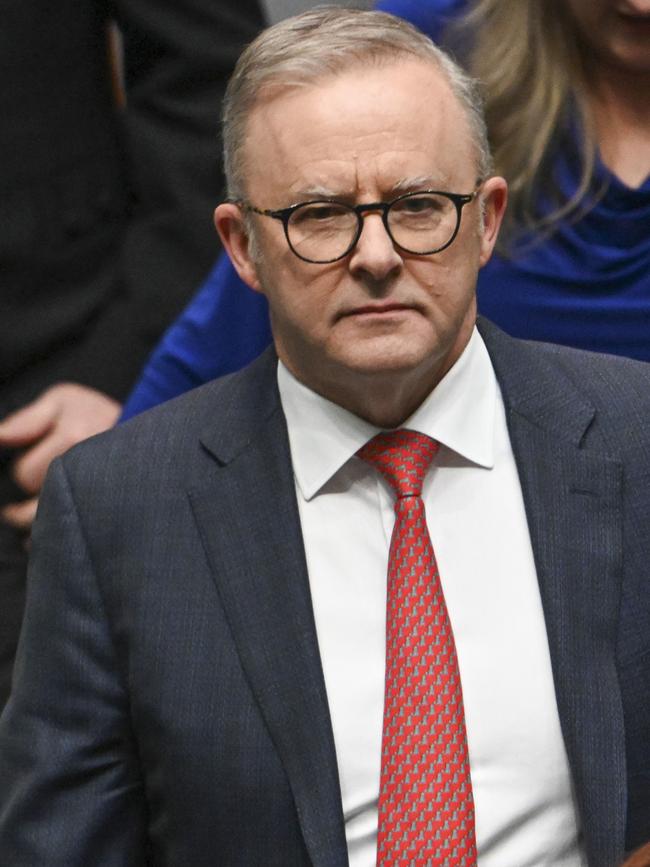
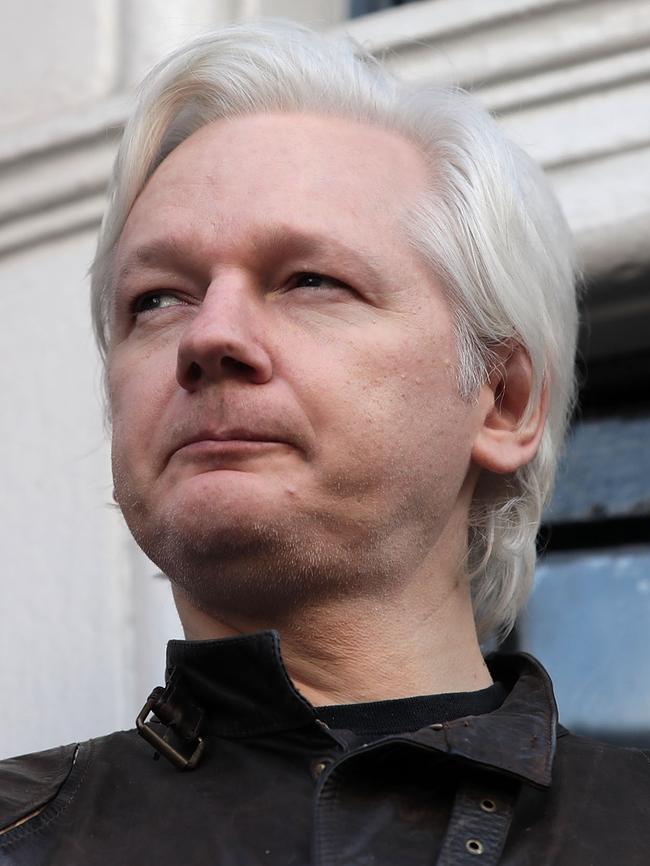
With Mr Assange holed up in the Ecuadorean embassy in London for seven years, and in the UK’s Belmarsh Prison for a further five, Mr Albanese said there was nothing to be gained by his continued incarceration.
“The case has dragged on for too long … we want him to return home to Australia,” he said.
“We have engaged and advocated Australia’s interest using all appropriate channels to support a positive outcome and I have done that since very early on in my prime ministership.”
The prime minister stated he would provide further comments on Mr Assange’s case once legal proceedings were resolved.
“While we welcome the development, we recognise these proceedings are crucial and delicate,” Mr Albanese said.
“Given these proceedings are ongoing it is not appropriate to provide further details comment.”
Assange flies out of UK
Having left prison on Monday after he was granted bail by the UK High Court, Mr Assange then boarded a private jet at Stansted Airport joined by High Commissioner Smith and left the country en route to Bangkok.
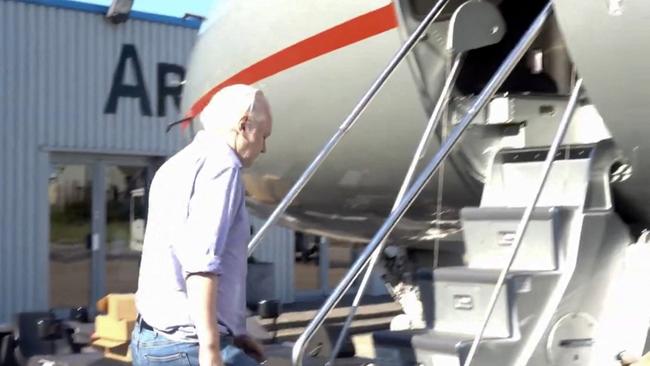

The 52-year-old is expected to front a US Federal Court on Wednesday in Saipan, a self-governing US territory located in the western Pacific, about 2400km east of the Philippines.
Coalition frontbencher and Nationals MP Barnaby Joyce on Tuesday thanked those who had supported Mr Assange’s release, including members of a self-funded parliamentary delegation to lobby US Congress for his freedom.
“There were so many people who were part of this process, and what it showed was people from both sides of politics, for different reasons, arrived at the same place,” Mr Joyce said on Tuesday morning.
But Mr Joyce warned there were still further steps to be taken before Mr Assange’s freedom was assured.
“In a 1500m race, you don’t stop and start waving at the crowd with 2½ laps (to go). Wait to the end of the race and then the race is over,” he said.
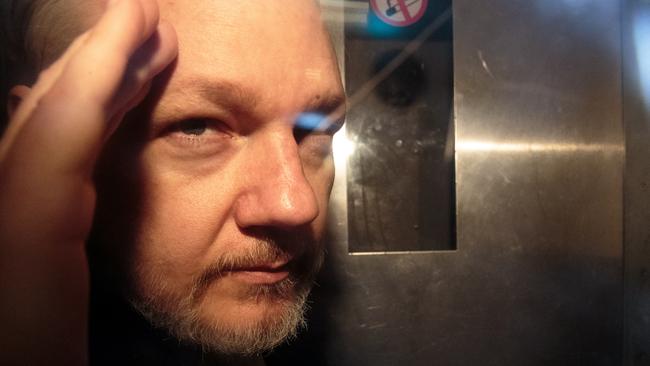
Greens senator David Shoebridge also welcomed Mr Assange’s release and said he was “looking forward to welcoming Julian back home”.
“Let’s be clear, Julian Assange should never have been charged with espionage in the first place or had to make this deal,” Senator Shoebridge said.
“(He) has spent years in jail for the crime of showing the world the horrors of the US war in Iraq and the complicity of governments like Australia and that is why he has been punished.”
After Mr Assange left the UK, a statement released by WikiLeaks thanked those who had lent their support to co-ordinated efforts to free him.
“This is the result of a global campaign that spanned grassroots organisers, press freedom campaigners, legislators and leaders from across the political spectrum, all the way to the United Nations,” a WikiLeaks statement read.
“This created the space for a long period of negotiations with the US Department of Justice, leading to a deal that has not yet been formally finalised.”
Originally published as WikiLeaks founder Julian Assange walks free, set to return to Australia

